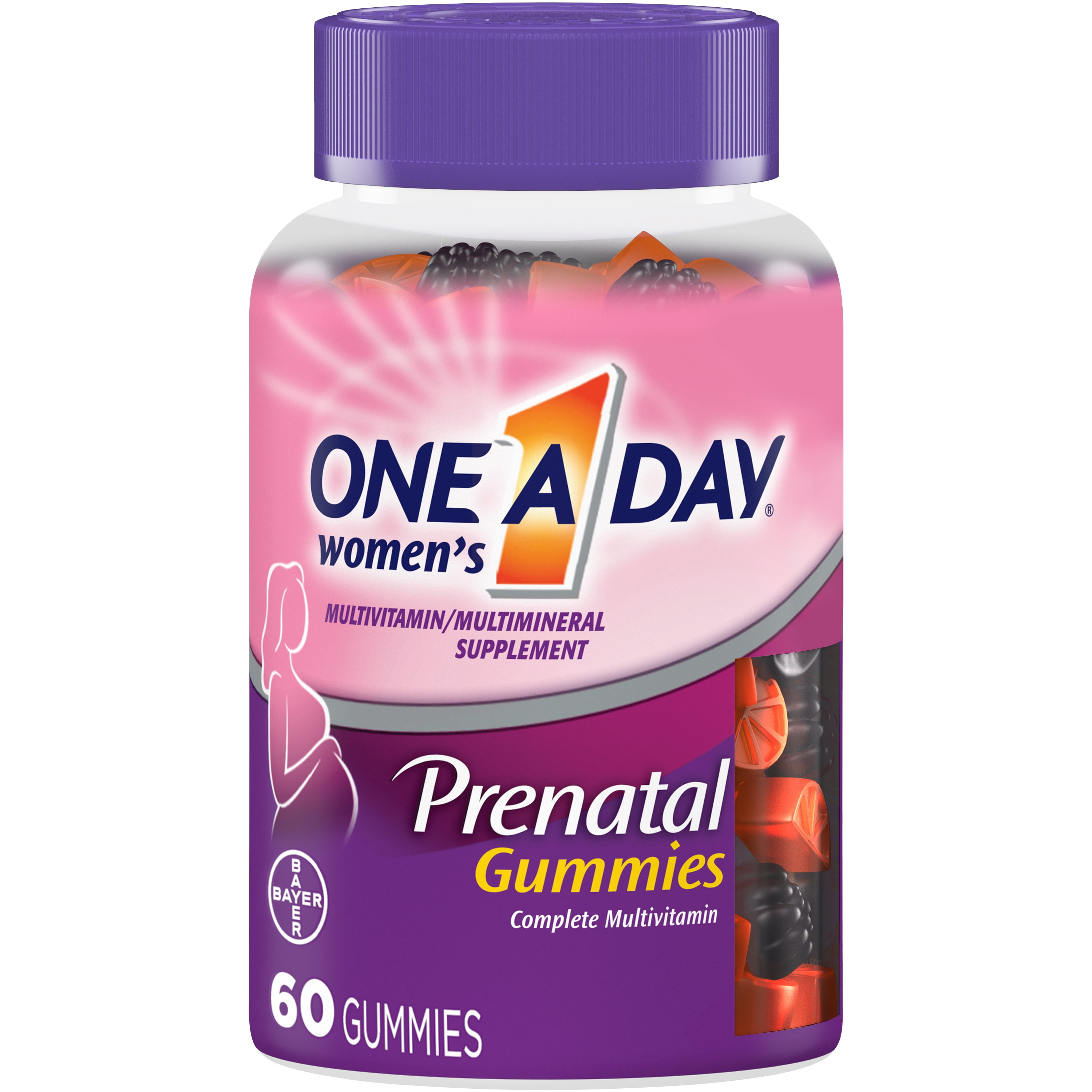Vitamin for Pregnant Women's Health

The Importance of Vitamins During Pregnancy
Vitamin A
Vitamin A is essential for the growth and development of the fetus, especially for the development of the eyes, skin, and respiratory system. However, excessive amounts of vitamin A can be harmful to the fetus. Pregnant women should avoid consuming foods high in vitamin A, such as liver and fish liver oil. Instead, they should consume foods that are rich in beta-carotene, such as carrots, sweet potatoes, and spinach.
Vitamin C
Vitamin C is important for the formation of collagen, a protein that supports the development of the baby's skin, bones, and cartilage. It also helps the body absorb iron, which is essential for the production of red blood cells. Pregnant women should consume foods that are rich in vitamin C, such as citrus fruits, strawberries, and broccoli.
Vitamin D
Vitamin D is important for the development of the baby's bones and teeth. It also helps the body absorb calcium, which is essential for the growth and development of the fetus. Pregnant women should consume foods that are rich in vitamin D, such as fatty fish, egg yolks, and fortified milk. They should also spend some time in the sun to help the body produce vitamin D.
Vitamin E
Vitamin E is important for the development of the baby's brain and nervous system. It also helps the body use vitamin K, which is essential for blood clotting. Pregnant women should consume foods that are rich in vitamin E, such as nuts, seeds, and vegetable oils.
Folic Acid
Folic acid is important for the development of the neural tube, which becomes the baby's brain and spinal cord. It also helps prevent birth defects such as spina bifida. Pregnant women should consume foods that are rich in folic acid, such as leafy green vegetables, beans, and fortified cereals. They should also take a folic acid supplement of at least 400 micrograms per day.
Iron
Iron is important for the production of red blood cells, which carry oxygen to the baby. Pregnant women should consume foods that are rich in iron, such as lean meat, poultry, fish, beans, and fortified cereals. They should also take an iron supplement if their doctor recommends it.
Calcium
Calcium is important for the development of the baby's bones and teeth. Pregnant women should consume foods that are rich in calcium, such as milk, cheese, and yogurt. They should also take a calcium supplement if their doctor recommends it.
The Benefits and Risks of Taking Vitamins During Pregnancy
Benefits
Taking vitamins during pregnancy can prevent birth defects, preterm labor, and other complications. It can also support the growth and development of the fetus and maintain the health of the mother.
Risks
Excessive amounts of vitamins can be harmful to the fetus. Pregnant women should avoid consuming foods high in vitamin A, such as liver and fish liver oil. They should also avoid taking vitamin A supplements. They should also be cautious with vitamin D supplements, as excessive amounts can lead to hypercalcemia, a condition where there is too much calcium in the blood.
FAQs
1. Can pregnant women take multivitamins?
Yes, pregnant women can take multivitamins, but they should consult with their doctor first to ensure that the multivitamin is safe and appropriate for their needs.
2. Can pregnant women take herbal supplements?
No, pregnant women should avoid taking herbal supplements, as many herbs can be harmful to the fetus.
3. Can pregnant women get enough vitamins from their diet alone?
Pregnant women can get enough vitamins from their diet alone, but they may need to take supplements if their diet is inadequate or if their doctor recommends it.
4. What vitamins should pregnant women avoid?
Pregnant women should avoid consuming excessive amounts of vitamin A, as well as taking vitamin A supplements. They should also be cautious with vitamin D supplements, as excessive amounts can lead to hypercalcemia.
Conclusion
Getting enough vitamins during pregnancy is essential for the growth and development of the fetus and can prevent complications. Pregnant women should consume a balanced diet that includes foods rich in vitamins and nutrients, as well as take supplements if necessary. They should also consult with their doctor to ensure that they are getting the right amount of vitamins and that their supplements are safe and appropriate for their needs.
